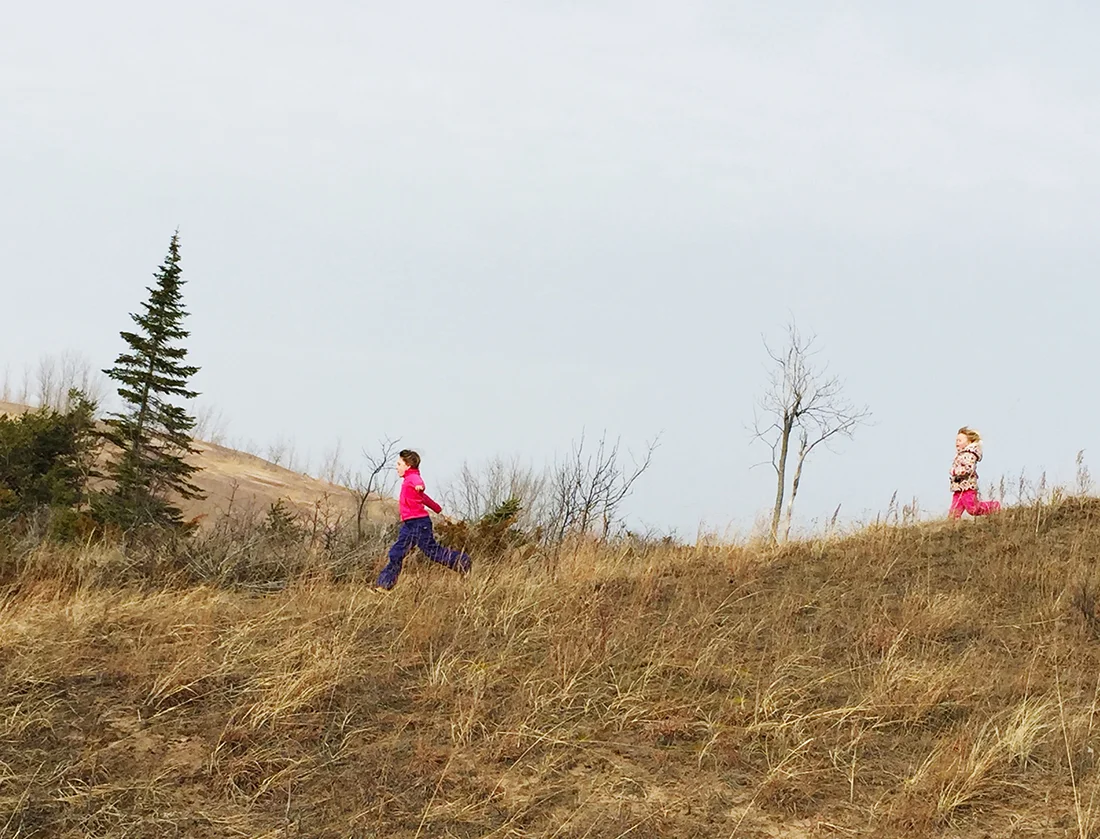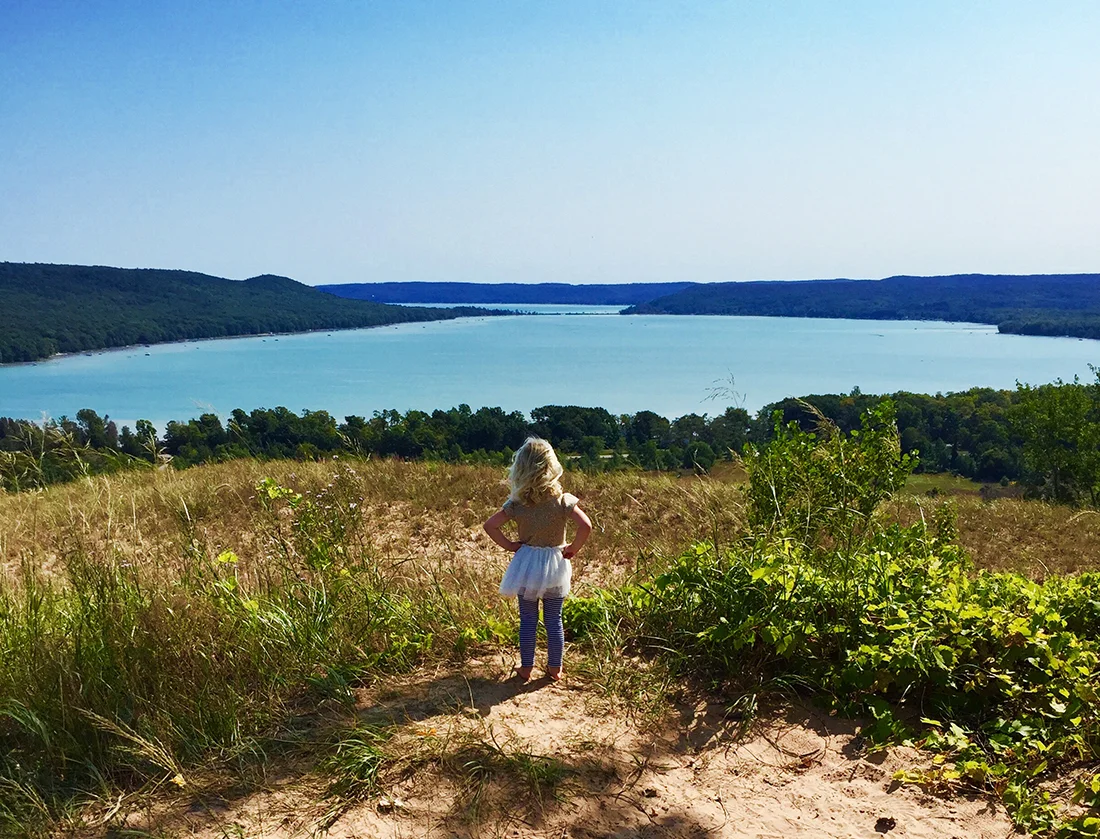In 1916, Robert Frost published one of the most renowned poems of the 20th Century, “The Road Not Taken,” which begins: "Two roads diverged in a yellow wood..." The metaphor of the “fork of the road,” upon which Frost’s seminal work is based, is so enduring because it is so universal. Every day, each one of us is confronted with choices, big and small, that determine the direction of our lives.
In most cases, particularly when it comes to the “big” choices in life, each path is distinctly marked. There is the easy, default path, and the hard, purposeful path. Too often, people look back on their lives and realize that many of the actions they took (or didn’t), choices they made (or didn’t), and priorities they set (or didn’t) happened by default; guided by the expectations of society and others, and not by their own inner compass. They traveled the safe, smooth path, not the uneven, winding one, and ultimately reached a destination, but one they regret in the end.
We all grapple with regret stemming from the choices we make (or don’t) in our lives. Again, it’s a universal part of the human condition. What’s important to realize, however, is that at any point in life’s journey, if you can summon the courage, you can stop, assess, and change direction. The key to making positive change, to live a life free of regret and full of passion, is to open yourself up to what truly matters—to you, not others—and to embrace the risks involved in pursuing it. After all, isn’t the risk of not living a life true to yourself an even greater risk?
"The two most important days in your life are the day you are born and the day you find out why." — Mark Twain
Read More


















